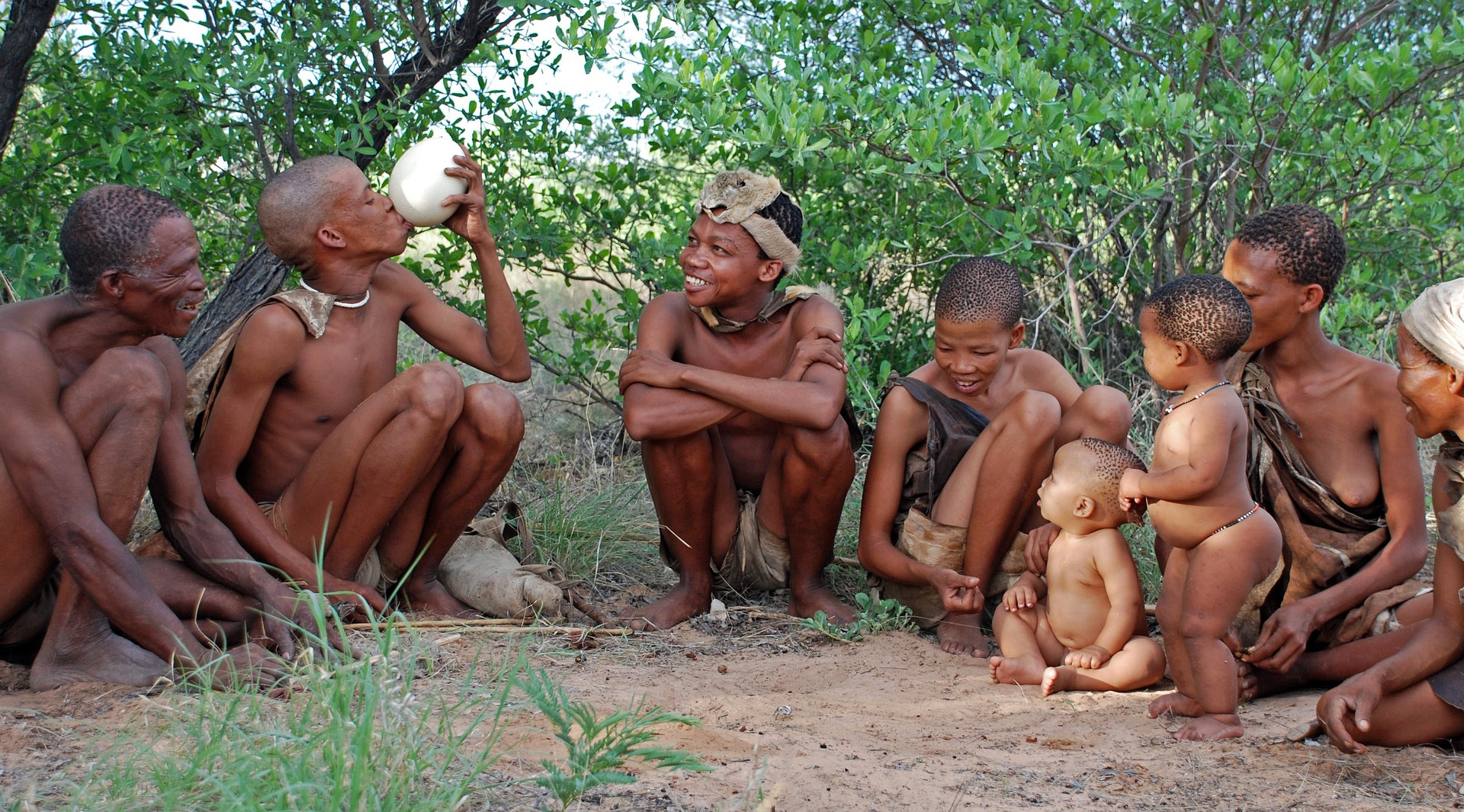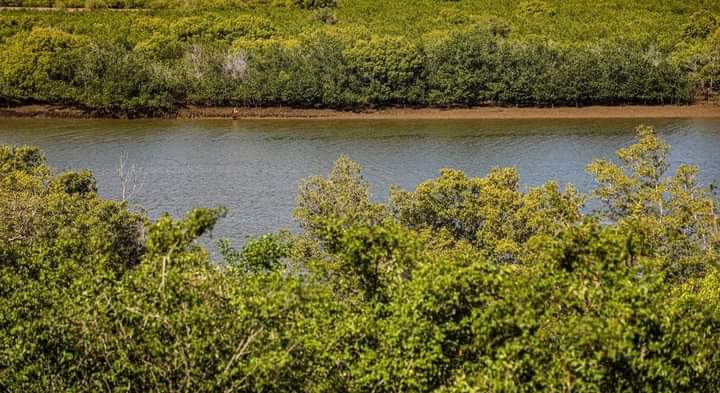 In recent years, climate change has emerged as one of the greatest threats to human civilization. In this article, we will explore the impact of climate change on Indigenous communities and discuss strategies to combat its effects.
In recent years, climate change has emerged as one of the greatest threats to human civilization. In this article, we will explore the impact of climate change on Indigenous communities and discuss strategies to combat its effects.
Climate change disproportionately affects Indigenous communities due to their close relationship with the natural environment and reliance on traditional subsistence practices.
According to the United Nations, Indigenous peoples are estimated to be approximately 5% of the world’s population but account for about 15% of the global poor, who are most vulnerable to the impacts of climate change.
This vulnerability is due to a range of factors, including limited access to resources and infrastructure, historical marginalization and discrimination, and cultural and linguistic barriers which can hinder their ability to adapt to changing environmental conditions. As a result, it is crucial to implement policies and programs that prioritize the needs of Indigenous communities in climate change adaptation and mitigation efforts.
This can include measures such as involving Indigenous communities in decision-making processes, providing funding for community-led climate resilience projects, and supporting the revitalization of traditional ecological knowledge and practices. Additionally, governments and organizations should work towards recognizing and respecting Indigenous rights to land, resources, and self-determination to address the root causes of climate change and its disproportionate impact on the people.

In conclusion, addressing the impact of climate change on Indigenous communities requires a multifaceted approach that prioritizes community-led solutions and recognizes the unique challenges faced by Indigenous peoples in the face of climate change. Policymakers and stakeholders need to recognize Indigenous peoples’ knowledge, experience, and contributions to climate change solutions and collaborate with them towards a more just and sustainable future for all.
This can be achieved through concerted efforts towards implementing policies that prioritize the needs of Indigenous communities and recognize their rights to land, resources, and self-determination. By working together towards these goals, we can ensure that Indigenous peoples are not left behind in the fight against climate change and that our efforts to address its impacts are inclusive, equitable, and effective for all. In summary, addressing the impact of climate change on Indigenous communities requires a comprehensive approach that prioritizes community-led solutions, recognizes their unique challenges, and respects their rights and knowledge.
Also read: https://ecofriendmagazine.com/cop-27-outcomes-implications-for-climate-action-going-forward/



